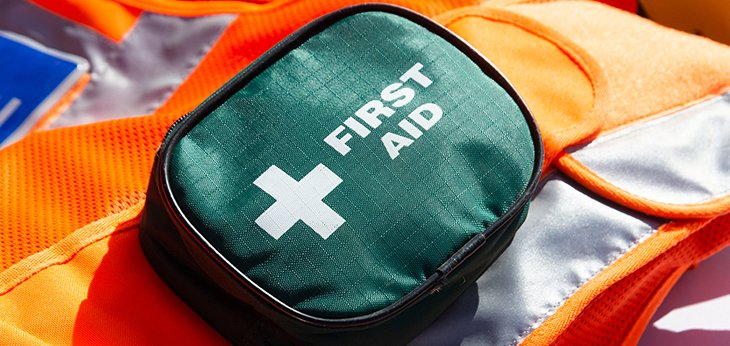Recent updates in the March 2021 Program Manual for the Commonwealth Home Support Programme (CHSP) now require CHSP-funded organisations to take a risk-based approach to the matter of volunteers needing accredited training in first aid.
This issue first came to light through a newsletter published by the Department of Health in October 2020 which said that CHSP providers are responsible for ensuring staff and volunteers in direct care roles received accredited first aid training and certification. The newsletter also listed direct care roles where it said this was required, which included wide ranging implications for social supports, transport and even meal provision.
After advocacy from a number of organisations and in response to the government newsletter, a report was written in December 2020 by SA Collaborative Projects and Volunteering SA/NT titled Impact of Mandatory First Aid for volunteers on the South Australian Commonwealth Home Support Programme (CHSP) Sector. This report represented survey results from 43 CHSP providers.
Subsequently, the government requirements were refined and a risk based approach became embedded in an amended section 6.1.4 on Staffing and Training.
The new March 2021 section of the CHSP Program Manual requires providers comply with the following:






